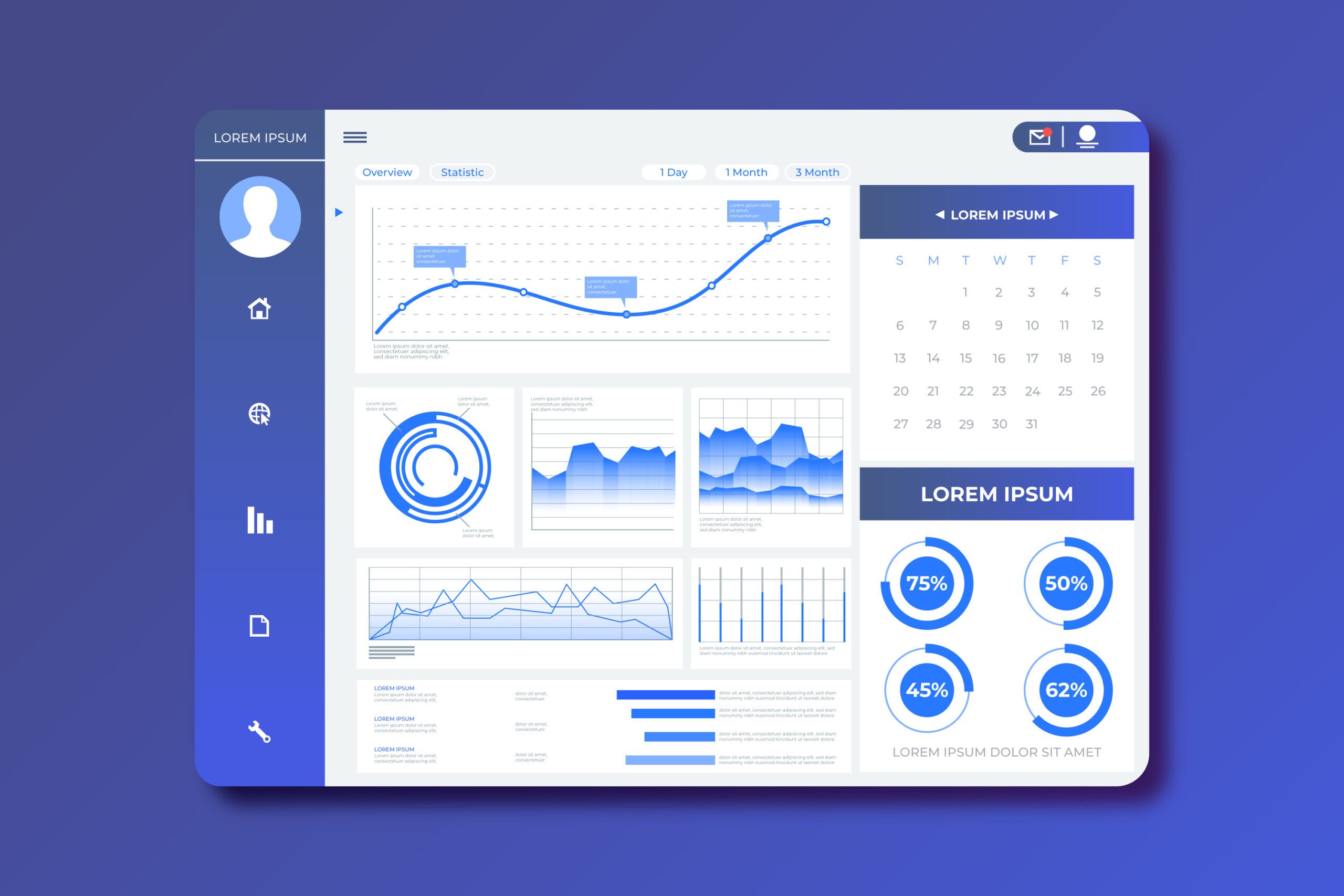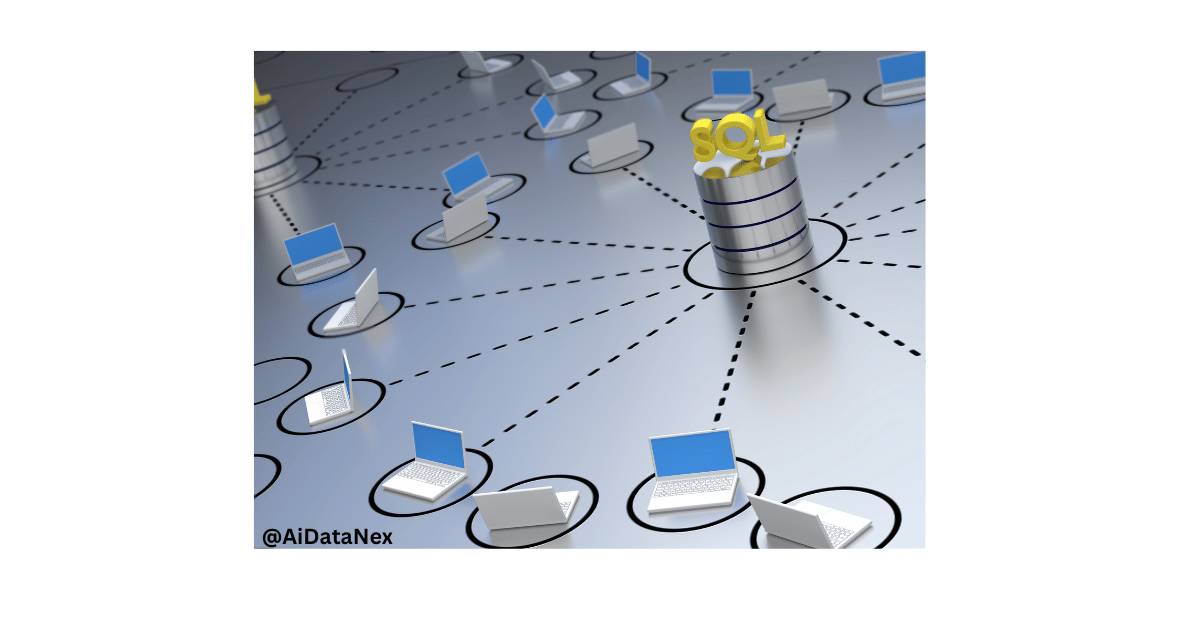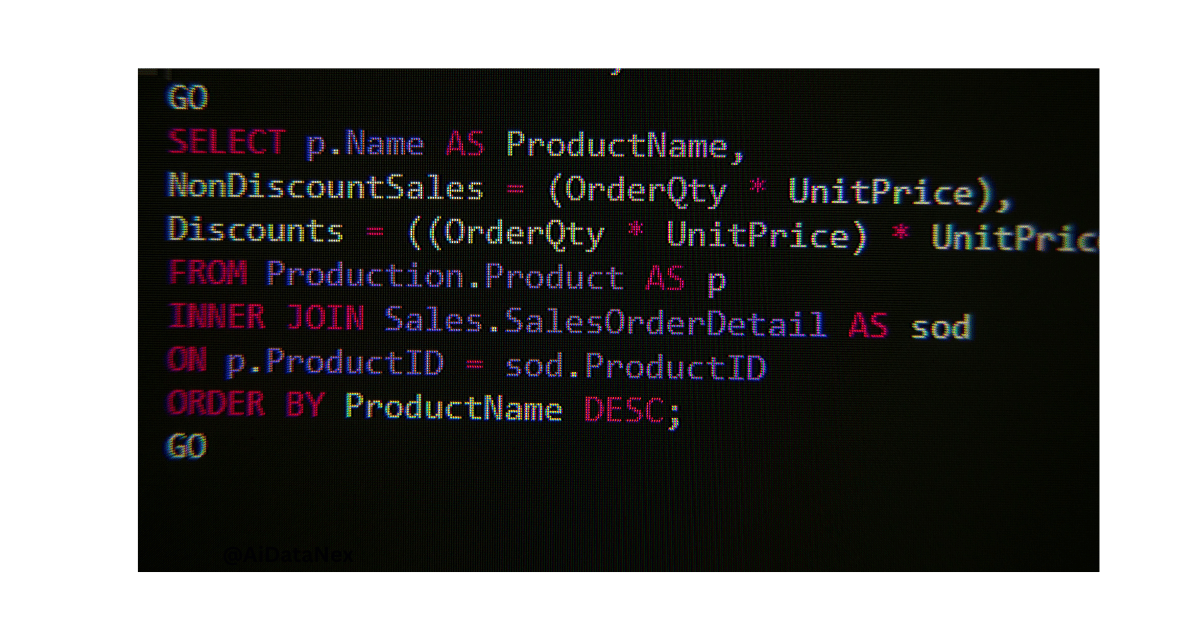Yes, you can become a data scientist without a degree. Skills, experience, and practical knowledge are crucial.
Data science is a rapidly growing field. Many successful data scientists have gained expertise through self-study, online courses, and boot camps. Practical experience, such as working on real-world projects, can be more valuable than formal education. Employers often prioritize skills and proven ability over formal qualifications.
Mastery of programming languages like Python and R, understanding statistical methods, and proficiency in machine learning are essential. Building a strong portfolio showcasing your work can significantly boost your chances. Networking and participating in data science communities also provide valuable opportunities. The key is continuous learning and staying updated with industry trends.

Credit: www.coursera.org
The Growing Field Of Data Science
Is It Possible Too Be a Data Scientist Without Any Degree? The short answer is yes! The field of data science is expanding rapidly. Many people are exploring new ways to enter this exciting field without a traditional degree. In this post, we’ll explore how this is possible.
The Demand For Data Scientists
Companies need data scientists more than ever. They help make sense of large amounts of data. This demand is creating new opportunities for those interested in data science. Even without a degree, there are paths you can take to enter this field.
Skills Over Degrees
Many employers now prioritize skills over degrees. Knowing programming languages like Python or R can be more valuable than a diploma. Employers also look for expertise in data visualization tools like Tableau or Power BI.
Online Courses And Certifications
Online platforms offer courses and certifications in data science. Websites like Coursera, Udacity, and edX provide affordable learning options. These courses cover essential topics like machine learning, statistics, and data analysis.
Practical Experience
Hands-on experience is crucial. Working on real-world projects can help you build a portfolio. Participating in hackathons or contributing to open-source projects can also enhance your skills.
Networking And Community Involvement
Join data science communities and forums. Networking can open doors to job opportunities and collaborations. Websites like Kaggle and GitHub are great places to showcase your work and connect with others.
Personal Projects And Portfolios
Create personal projects to demonstrate your skills. Building a portfolio with diverse projects can impress potential employers. Showcasing your work online can increase your visibility in the field.
Continual Learning
The field of data science is always evolving. Stay updated with the latest trends and technologies. Reading research papers, attending webinars, and joining workshops can help you stay ahead.

Credit: www.springboard.com
The Importance Of A Degree In Data Science
Becoming a data scientist without a degree is a hot topic today. Many wonder if a formal education is essential in this field. The importance of a degree in data science is often debated. Let’s explore why a degree might still hold significant value.
Theoretical Knowledge And Foundations
A degree in data science provides structured learning. It ensures you gain a strong foundation in statistics, mathematics, and computer science. These subjects are crucial for understanding data science concepts deeply.
Access To Resources And Tools
Universities offer access to cutting-edge tools and technologies. Students can use advanced software, databases, and resources. This hands-on experience is invaluable for practical learning.
Networking Opportunities
Being in a university setting creates numerous networking opportunities. You can connect with professors, industry experts, and peers. These connections can lead to internships and job offers.
Structured Curriculum
A degree program offers a structured curriculum. It guides you through all the necessary topics systematically. This ensures you do not miss out on any critical aspects of data science.
Credibility And Recognition
Having a degree adds credibility and recognition. It showcases your commitment and knowledge in the field. Employers often look for candidates with formal education in data science.
Internships And Real-world Experience
Many degree programs include internship opportunities. Internships provide real-world experience and a chance to apply your knowledge. They also enhance your resume and job prospects.
Comprehensive Skill Set
A degree ensures you develop a comprehensive skill set. This includes technical skills, analytical skills, and problem-solving abilities. It prepares you to tackle complex data science challenges.
Alternative Paths To Becoming A Data Scientist
Becoming a data scientist without a formal degree is possible. There are various alternative paths to enter this exciting field. These options offer flexibility and often more affordable ways to acquire the skills needed for a career in data science. Let’s explore some of these alternative paths.
Online Courses And Bootcamps
Online courses and bootcamps provide structured learning experiences. Many people use these to become data scientists without a degree. These programs are often shorter and more intensive than traditional degrees.
Some popular platforms for online courses include:
- Coursera – Offers courses from universities like Stanford and companies like Google.
- edX – Features courses from top institutions such as MIT and Harvard.
- Udacity – Known for its “Nanodegree” programs, focusing on real-world skills.
- DataCamp – Specializes in data science and analytics training.
Bootcamps are another great option. They provide intensive, immersive experiences. Some well-known data science bootcamps include:
- General Assembly – Offers a Data Science Immersive program that lasts about 12 weeks.
- Springboard – Provides a Data Science Career Track with job guarantee.
- Thinkful – Features a flexible Data Science Bootcamp that can be completed part-time.
These courses and bootcamps often include hands-on projects, which help you build a portfolio. This is crucial for showcasing your skills to potential employers. Many also offer career services, including resume reviews and job placement assistance.
Self-study And Learning Resources
Self-study is another viable path to becoming a data scientist. It requires discipline and motivation, but it can be very effective. There are many resources available online for self-learners.
Some key resources include:
- Books – “Python for Data Analysis” by Wes McKinney and “Hands-On Machine Learning” by Aurélien Géron are excellent choices.
- Websites – Kaggle offers datasets and competitions to practice your skills. GitHub is also a great place to find and share projects.
- Forums – Websites like Stack Overflow and Reddit have active communities of data scientists who can help answer questions.
Creating a structured learning plan is essential for self-study. This plan should include:
- Python Programming – Learn the basics of Python, which is the most popular language in data science.
- Statistics – Understand key concepts in statistics, which are fundamental to data analysis.
- Machine Learning – Study algorithms and techniques used to build predictive models.
- Projects – Apply what you’ve learned to real-world problems to build your portfolio.
Self-study allows you to learn at your own pace and focus on areas of interest. It’s a flexible and cost-effective way to acquire the skills needed for a career in data science.
Building A Strong Portfolio
Becoming a data scientist without a degree is possible. The key is to build a strong portfolio. A well-crafted portfolio showcases your skills and expertise. It helps you stand out to potential employers. Two critical components of a strong portfolio are personal projects and contributions to open-source projects.
Personal Projects
Personal projects are crucial for a data scientist. They allow you to demonstrate your skills. Here are some tips for creating impactful personal projects:
- Choose Relevant Topics: Focus on topics that interest you. For example, analyze social media trends or predict stock prices.
- Use Real Data: Work with real datasets. Websites like Kaggle and UCI Machine Learning Repository offer many datasets.
- Document Your Process: Keep detailed notes. Explain your methods and decisions. This helps others understand your work.
- Share Your Work: Publish your projects on GitHub. Create a personal website to showcase your portfolio.
A table can also be a useful way to summarize your projects:
| Project Name | Description | Tools Used |
|---|---|---|
| Social Media Analysis | Analyzed Twitter data for sentiment trends. | Python, Pandas, NLTK |
| Stock Price Prediction | Predicted stock prices using machine learning models. | R, ggplot2, RandomForest |
Building strong personal projects can significantly boost your portfolio. They show your ability to handle real-world data challenges.
Contributions To Open-source Projects
Contributing to open-source projects is another excellent way to build your portfolio. It showcases your ability to work in a collaborative environment. Here are some tips to get started:
- Find Relevant Projects: Look for projects related to data science. GitHub and GitLab are good places to start.
- Start Small: Begin with small contributions. Fix bugs or improve documentation. Gradually take on more significant tasks.
- Engage with the Community: Join discussions. Participate in forums and mailing lists. Networking with other contributors can open up more opportunities.
- Showcase Your Contributions: Highlight your contributions on your resume. Link to your pull requests and commits.
Here’s a table summarizing potential open-source contributions:
| Project Name | Contribution | Skills Demonstrated |
|---|---|---|
| Scikit-learn | Improved documentation for machine learning algorithms. | Technical writing, Python |
| TensorFlow | Fixed bugs in the core library. | Debugging, C++ |
Contributing to open-source projects can greatly enhance your portfolio. It demonstrates your practical experience and collaborative skills.
Gaining Practical Experience
Becoming a data scientist without a degree is possible. Gaining practical experience is crucial in this journey. Real-world experience helps you apply theoretical knowledge, build a strong portfolio, and prove your skills to potential employers.
Internships And Freelance Work
Engaging in internships and freelance work can provide invaluable hands-on experience. These opportunities allow you to work on real data projects and learn from professionals in the field.
Internships are a fantastic way to get your foot in the door. Many companies offer internships to those eager to learn. Internships often include:
- Working on live projects
- Receiving mentorship from experienced data scientists
- Building a professional network
Freelance work is another excellent avenue. Platforms like Upwork and Freelancer offer numerous data science projects. Freelancing allows you to:
- Choose projects that match your interests
- Build a diverse portfolio
- Earn while you learn
Here’s a comparison between internships and freelance work:
| Aspect | Internships | Freelance Work |
|---|---|---|
| Mentorship | Yes | No |
| Flexibility | No | Yes |
| Income | Stipend | Varies |
| Networking | Strong | Limited |
Both internships and freelance work are valuable for gaining practical experience. Choose the one that best fits your needs and goals.
Participating In Kaggle Competitions
Participating in Kaggle competitions is another excellent way to gain practical experience. Kaggle is a platform where data enthusiasts can compete on real-world data problems.
By engaging in Kaggle competitions, you can:
- Work on diverse datasets
- Learn new techniques and algorithms
- Get feedback from the community
Here are some tips for excelling in Kaggle competitions:
- Start with beginner-friendly competitions
- Read and understand the problem statement thoroughly
- Explore the data and perform extensive data cleaning
- Experiment with different models and algorithms
- Engage with the community for advice and feedback
Kaggle also offers a wealth of resources such as:
- Tutorials and courses
- Discussion forums
- Kernel (code) sharing
These resources can help you improve your skills and stay updated with industry trends. Participating in Kaggle competitions showcases your ability to solve complex data problems and enhances your portfolio.
Credit: www.coursera.org
Networking And Professional Development
Becoming a data scientist without a degree is possible. Networking and professional development play crucial roles in this journey. Building connections and continuously improving your skills can significantly enhance your chances of success. Let’s explore how attending meetups, conferences, and joining communities can help you achieve your goal.
Attending Data Science Meetups And Conferences
Attending data science meetups and conferences is an excellent way to network. These events are platforms to meet industry experts and peers. Here are some benefits:
- Learning from experts: Get insights from experienced data scientists.
- Staying updated: Learn about the latest trends and technologies.
- Networking opportunities: Connect with professionals and like-minded individuals.
At these events, you can participate in workshops, listen to keynote speakers, and engage in discussions. This helps you gain practical knowledge and insights into real-world applications.
- Prepare questions: Have questions ready to ask speakers or panelists.
- Bring business cards: Share your contact information with new connections.
- Follow up: Connect with people you meet on LinkedIn after the event.
Overall, attending these events can significantly boost your knowledge and network, opening doors to new opportunities.
Joining Data Science Communities
Joining data science communities offers another avenue for networking and learning. These communities can be online or local groups where members share knowledge, resources, and opportunities. Here’s why you should join:
- Access to resources: Find tutorials, datasets, and project ideas.
- Peer support: Get help and feedback from other members.
- Collaborative projects: Work on projects with others, enhancing your skills.
| Community | Description |
|---|---|
| Kaggle | Online platform for data science competitions and projects. |
| Subreddits like r/datascience for discussions and resources. | |
| Groups dedicated to data science topics and networking. |
Being active in these communities can help you stay informed and connected. You can also discover job opportunities and collaborate on exciting projects.
Overcoming The Degree Barrier
Becoming a data scientist without a degree is possible. The tech world values skills over formal education. Overcoming the degree barrier is achievable with the right approach. Let’s explore how to break into data science without a degree.
Networking And Building Connections
Networking is crucial. Connect with professionals in the field. Use platforms like LinkedIn to reach out. Join data science communities and forums. Attend webinars and conferences. Building connections can open many doors.
Online Courses And Certifications
Online courses are a great way to learn. Platforms like Coursera, Udacity, and edX offer data science courses. Many courses provide certificates upon completion. These certificates add value to your resume. They show your commitment to learning.
Practical Experience And Projects
Hands-on experience is vital. Work on real-world projects. Create a portfolio showcasing your work. Use platforms like GitHub to display your projects. Practical experience can set you apart from others.
Leveraging Free Resources
There are many free resources available. Websites like Kaggle offer datasets and competitions. Participate in these competitions to hone your skills. Utilize free tutorials and blogs to stay updated. These resources can help you learn continuously.
Building A Strong Online Presence
Having an online presence is important. Create a professional LinkedIn profile. Share your projects and achievements. Write blogs about your learning journey. Engage with the data science community online. A strong online presence can attract potential employers.
Preparing For Interviews
Interview preparation is key. Practice common data science interview questions. Work on coding challenges on platforms like LeetCode. Understand the concepts thoroughly. Being well-prepared can boost your confidence during interviews.
| Resource | Description |
|---|---|
| Coursera | Offers a variety of data science courses |
| Udacity | Known for its Nanodegree programs |
| GitHub | Platform to showcase your projects |
| Professional networking platform | |
| Kaggle | Provides datasets and competitions |
Frequently Asked Questions
Can I Be A Data Scientist Without A Degree?
Yes, you can become a data scientist without a degree. Focus on gaining relevant skills, certifications, and experience.
Is A Degree Necessary To Be A Data Scientist?
A degree is not mandatory to be a data scientist. Skills in programming, statistics, and machine learning are crucial. Many professionals learn through online courses, bootcamps, and self-study. Practical experience and a strong portfolio can be more valuable than formal education.
How Do I Become A Data Scientist With An Unrelated Degree?
Start with online courses in data science. Gain proficiency in Python, R, and SQL. Build a portfolio with projects. Earn relevant certifications. Network with industry professionals.
Can A Non It Person Become A Data Scientist?
Yes, a non-IT person can become a data scientist. Learning programming, statistics, and machine learning skills is essential. Many online courses and bootcamps can help with this transition. Dedication and continuous learning are key.
Conclusion
Becoming a data scientist without a degree is possible with dedication and the right skills. Online courses, hands-on projects, and networking can pave the way. Focus on building a strong portfolio and staying updated with industry trends. Remember, persistence and passion are key to success in this evolving field.







